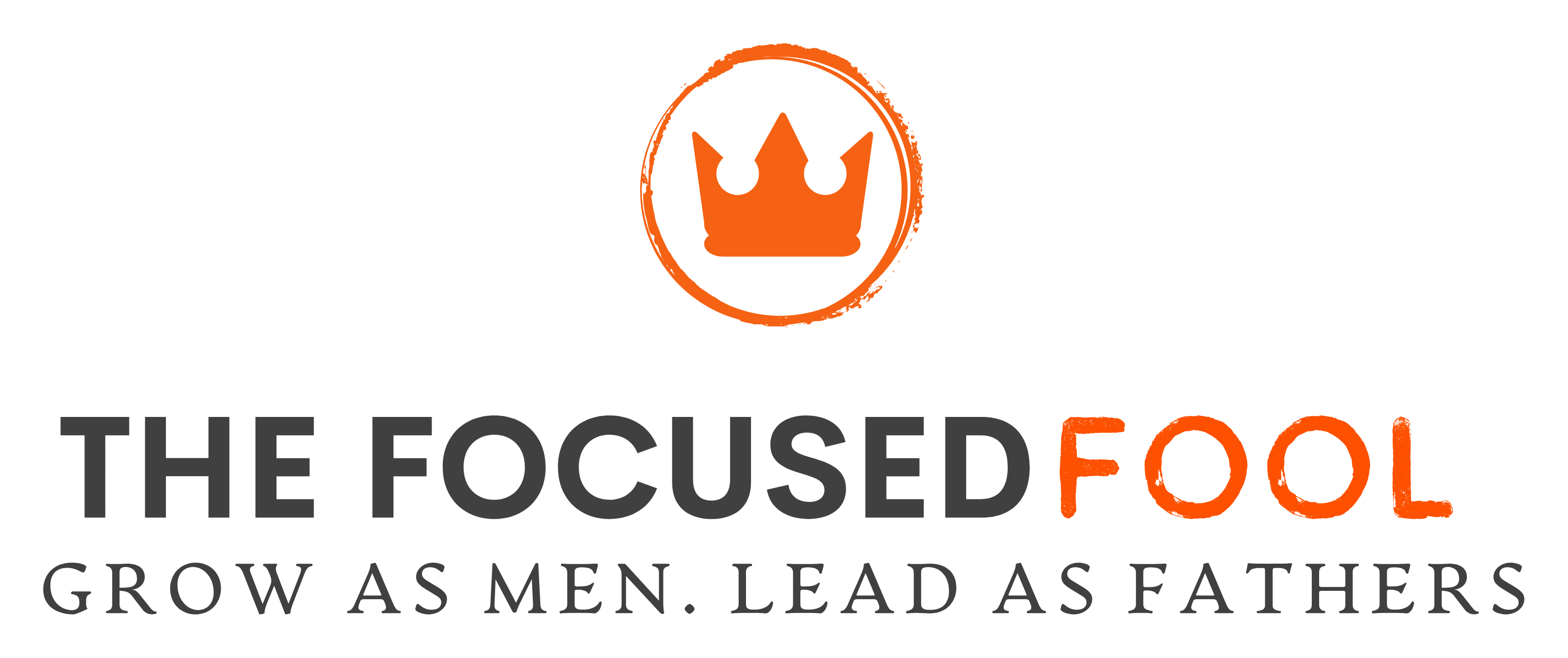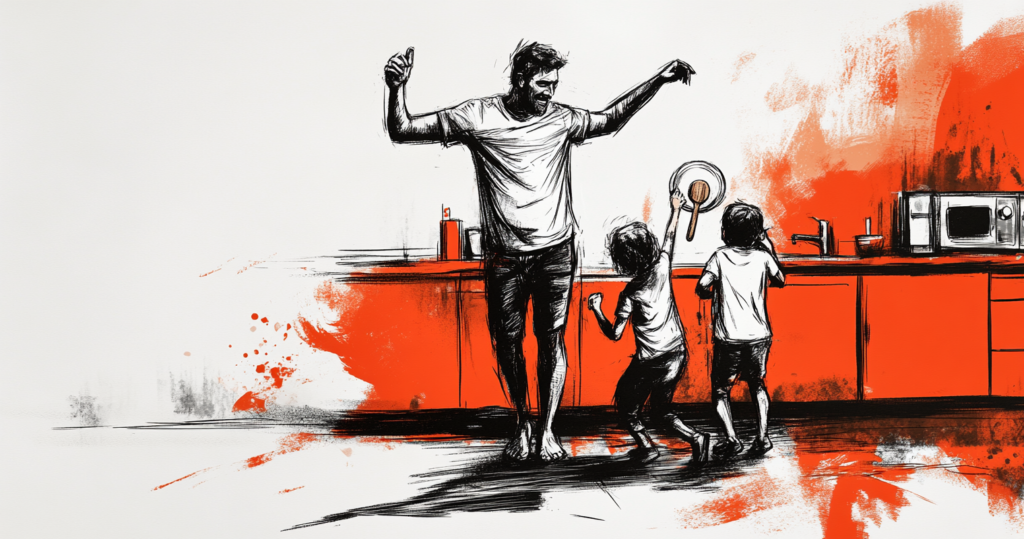I was sitting in Jake’s living room on a Tuesday night, nursing my third beer and listening to him complain about his boss for the twentieth time this month. We’d moved from his kitchen table to the couch, then eventually to Murphy’s Bar down the street. More sitting. More drinking. More of the same. Sometimes we played quarters, bouncing coins into shot glasses. Other times, it was “hour of power,” a drink every minute for sixty minutes straight.
This was my mid-twenties social life: drinking games and complaints. If someone had asked what I did for fun, I would have stared blankly.
Fun?
This was it. This was my only escape from the mounting pressure of adult responsibilities.
I couldn’t have told you what my passions were or named a single activity that brought me genuine joy.
The Great Adult Play Collapse
Turns out, I wasn’t alone. Research from the National Institute of Play shows that the average adult engages in genuine play less than 5 hours per week. Kids, on the other hand, average over 20. Somewhere between college and career, between first apartments and first mortgages, we lose the ability to do things simply because they delight us.
As fathers, this play deficit hits especially hard. We’re culturally trained to equate masculinity with seriousness, and responsibility with stoicism. Play feels frivolous when there are bills to pay and kids to raise. We tell ourselves we’ll have time for fun later: after the promotion, after the mortgage is paid off, after the kids are older.
But “later” keeps drifting further away. Meanwhile, our souls are quietly starving.
And the consequences go far beyond missing out on fun. Play-deprived adults show higher rates of anxiety and depression, lower creativity, and ironically, decreased effectiveness at work and at home. We become less resilient. Less connected.
Less ourselves.
What We’ve Lost
I didn’t realize how play-starved I was until I started mountain biking with friends a few years ago. The first time I hit a trail, something clicked. It wasn’t about fitness or conquering terrain, though those were nice. It was simpler than that.
For two hours, I was fully present. There was too much happening: navigating rocks, maintaining balance, watching for roots. I couldn’t think about deadlines, school pickups, or mortgage payments. I was just riding. Like I did when I was ten, tearing through the neighborhood on my bike, free.
I remembered what it felt like to be absorbed in something for its own sake. Not for what it accomplished. Not for what it bought me later.
Just joy.
That’s when I realized what I’d lost. Not just hobbies, but a whole way of being. Curious, experimental, present, alive to possibility.
The Unexpected Payoff of Play
Here’s what surprised me most: rediscovering play made me better at everything else.
When I regularly connect with what brings me joy, I’m more patient with my kids. More creative solving family problems. I bring energy to routine tasks. Rather than being drained by parenting demands, I show up more present and more resourceful.
This isn’t just feel-good psychology. Research from the University of Pennsylvania found that employees who engage in regular play show 31% higher productivity and 55% greater innovation.
Play doesn’t compete with effectiveness; it fuels it.
More importantly, when my kids see me doing something just because I love it, I’m modeling something essential. Adult life doesn’t have to be a slow grind of obligations and passive consumption.
4 Ways to Find Your Way Back to Fun
Reclaiming play as a father doesn’t require elaborate hobbies or huge time blocks. It starts by recognizing that play exists wherever you feel genuine engagement and present-moment joy.
1. Physical Play
This is my most reliable entry point. Mountain biking works for me because it demands presence and stirs childhood feelings of freedom and discovery. For you, it might be pickup basketball, swimming in a lake, or wrestling your kids in the living room until everyone’s gasping with laughter.
2. Spontaneous Play
Some of our best family moments start with someone cranking music in the kitchen. Suddenly, we’ve got a dance circle, everyone taking turns and nobody judging. These moments can’t be forced, but they can be welcomed.
3. Creative Play
Cooking experimental meals, drawing with my kids, making something with my hands. It doesn’t matter if the outcome’s any good. The joy is in the process, the curiosity, the freedom to explore without critique.
4. Intellectual Play
Even your mind can play. I’ve rediscovered the pleasure of reading for fun, learning new skills for the joy of learning, and exploring ideas without needing them to “pay off.”
Making It Happen
The biggest barrier to adult play isn’t time. It’s permission.
We’ve internalized the idea that play is frivolous. That real adults are always producing.
I’ve learned to treat play like any other priority. My weekly bike rides go on the calendar like a work meeting. Family dance parties happen because we decide they matter, not because they magically appear.
I’ve also lowered the bar. Wrestling with my kids for ten minutes counts. Dancing to a single song in the kitchen counts. A quick trail detour counts.
The goal isn’t to pack in more activities.
It’s to infuse your existing moments with more aliveness.
The Resistance
Even now, I hear the voice.
“You should be doing something productive.”
That voice never fully disappears. But I’ve stopped letting it run the show.
Yes, there are always emails. Always dishes. Always tasks. But play is productive in ways that aren’t always visible, yet are absolutely real.
When I choose Saturday morning trails instead of clearing out my inbox, I’m not just escaping. I’m investing in joy, creativity, and connection. I’m reminding my kids, and myself, that we are more than our output.
The Daily Practice
These days, I try to find one small moment of play or joy every day.
Sometimes it’s dancing like an idiot with my kids. Other times it’s cloud-watching for a few quiet minutes. Or experimenting in the kitchen with no expectations.
The form doesn’t matter.
What matters is the shift from outcome-focused to present-focused.
Play doesn’t deny the weight of life’s responsibilities. It builds the strength to carry them better. It reminds us that we are more than our to-do lists, more than our roles, more than our stress.
The Invitation
If you can’t remember the last time you did something simply because it delighted you…
If your only “fun” is scrolling or drinking after the kids are asleep…
This is your invitation.
Not to do more. Not to add another task. But to reclaim the parts of yourself that used to come alive for no reason at all.
Start small. Notice what actually brings you joy, not just relief. Protect it. Prioritize it. Don’t wait for “later.”
Your kids are watching. They’re learning what adulthood looks like.
Show them that joy doesn’t have to die when the responsibilities show up.
Show them, and remind yourself, that life is not just about being useful.
It’s also about being alive.
In a world that constantly demands more, play reminds us that being present to joy is enough. And often, from that place of “enough,” we become more capable than ever.
Life is serious business. But as we navigate its challenges, a spirit of play might be the most serious tool we’ve got.
The Focused Fool Newsletter – Growing As Men. Leading As Fathers.


Leave a Reply